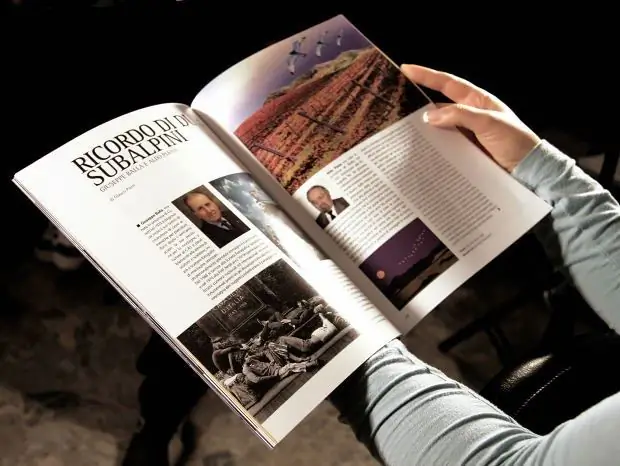- Author Nora Macey [email protected].
- Public 2023-12-16 10:17.
- Last modified 2025-01-23 08:48.
Socialization is the process of a person's entry into the social environment through the individual's acceptance of the norms and traditions that are widespread in his environment. As a sociocultural process, socialization is based on a person's ability to assimilate the cultural conditions of his social environment throughout his life, as well as to be realized in society by preserving these cultural conditions or changing them.

The concept and structure of socialization
Socialization is necessary for an individual to fully participate in the life of society. The assimilation of the norms of social interaction, the characteristics of everyday behavior, ideology, mentality, moral values and cultural heritage determines the involvement of a person in social processes and the further formation of an individual in society.
The stages of the socialization process are distinguished:
- adaptation - assimilation of the experience accumulated by society, imitation;
- identification - the desire of the individual to self-determine, to stand out;
- integration - the formation of a personality as a participant in social processes;
- the stage of labor activity - the implementation of the acquired knowledge and skills, the impact on the social environment;
- the stage of post-labor activity - the transfer of social experience to representatives of the next generation.
Features of socialization as a sociocultural process
The involvement of a person in social life occurs through the assimilation of norms, values and traditions accepted in society, i.e. through culture. Socialization forms the personality as a participant in society, including as a bearer of culture and a factor in its development.
The sociocultural process is characterized by a combination of such phenomena as the desire to preserve cultural experience and the desire to change this experience. Socialization as a socio-cultural process can take place both in the key of the individual's gravitation towards traditional cultural values, and in the key of the desire for innovation, modernization, and progressive cultural forms.
The post-labor stage of socialization, namely the enrichment of the new generation with accumulated cultural experience, is one of the functions of the sociocultural process. This phenomenon allows a social group to preserve its identity, to protect its traditions from the processes of globalization.
The labor stage of socialization - the influence of the individual on social processes - allows the socio-cultural process to exist in the form of the striving of the culture of society for self-development and innovation. The dynamics of such a socio-cultural process is provided by the following paths of cultural change:
- implementation of new ideas, development of innovations, independent creation of new cultural forms by society;
- borrowing experience from other social groups;
- diffusion - the spread and interweaving of cultural values and traditions.






